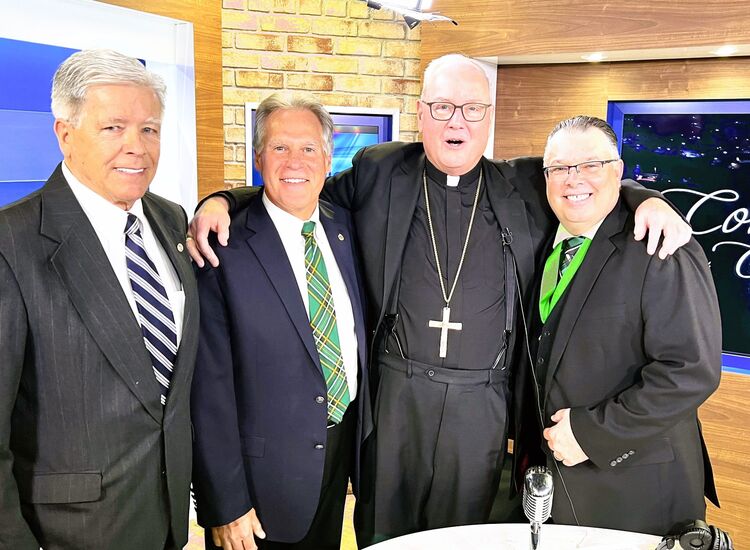By Peter McDermott
The will of two Manhattan-resident sisters from County Kerry caused a minor media flap in Ireland over the past couple of weeks. It turned out, though, to be much ado about nothing -- even if $4 million was involved.
Mary Teresa Hayes, a retired nurse who lived on East 84th Street, and her sister Nora reportedly left most of that amount to well-known animal charities.
Under New York State probate law, the estate had to inform any relatives. However, the Hayes sisters, who emigrated in the 1940s, never married or had children, nor did any of their four now-deceased siblings back in Listowel.
Louis McDonough, a lawyer in the County Kerry town who knew the sisters personally, was contacted by at least 30 people who thought they might have a connection to the Hayes family.
He told the Echo: "My understanding, based on comments by a New York attorney whom I have consulted, is that the estate will be distributed in accordance with the will of Mary Teresa Hayes and there is very little likelihood that members of the family not mentioned in her will could sustain a claim to any part of the estate."
It was his newspaper advertisement, however, that caused the media and public interest.
"Taking out an ad would the last resort," said Mike Carroll of the New York law firm O'Dwyer & Bernstien. "We would hire a genealogist first."
County Wicklow-based genealogist Paul Gorry agreed that that was the usual way to proceed. "The logical thing would be to engage a genealogist to establish the names of the aunts and uncles of the deceased, both paternal and maternal, and then look for descendants," he said.
Gorry added that lawyers need to "actively search for relatives through the normal channels -- that is, through the records."
The main thing to check, say legal professionals, is the possibility that another will exists. And then only a spouse, children, siblings or the children of siblings would be in a strong position to make a challenge. None existed in this case and Mary Teresa Hayes, who died in 2006, and Nora Hayes, who died in 1998, had made their intentions quite clear.
Individuals in County Kerry did receive small bequests from the Hayes sisters, but the People for the Ethical Treatment of Animals, the American Anti-Vivisection League and Animal Haven were the main beneficiaries.
Generally, cases that are intestate generate more work for lawyers and genealogists.
Gorry said: "Three or four of my colleagues in the APGI [Association of Professional Genealogists in Ireland] specialize in probate research. They're approached mainly by legal people who are acting as middlemen or brokers, looking to sign up heirs to estates advertised by state or national authorities."
He added: "In most cases if an heir doesn't come forth the state keeps the estate. So the legal people fill a void between the state and the unaware heir."
[PHOTO: County Wicklow-based genealogist Paul Gorry.]









